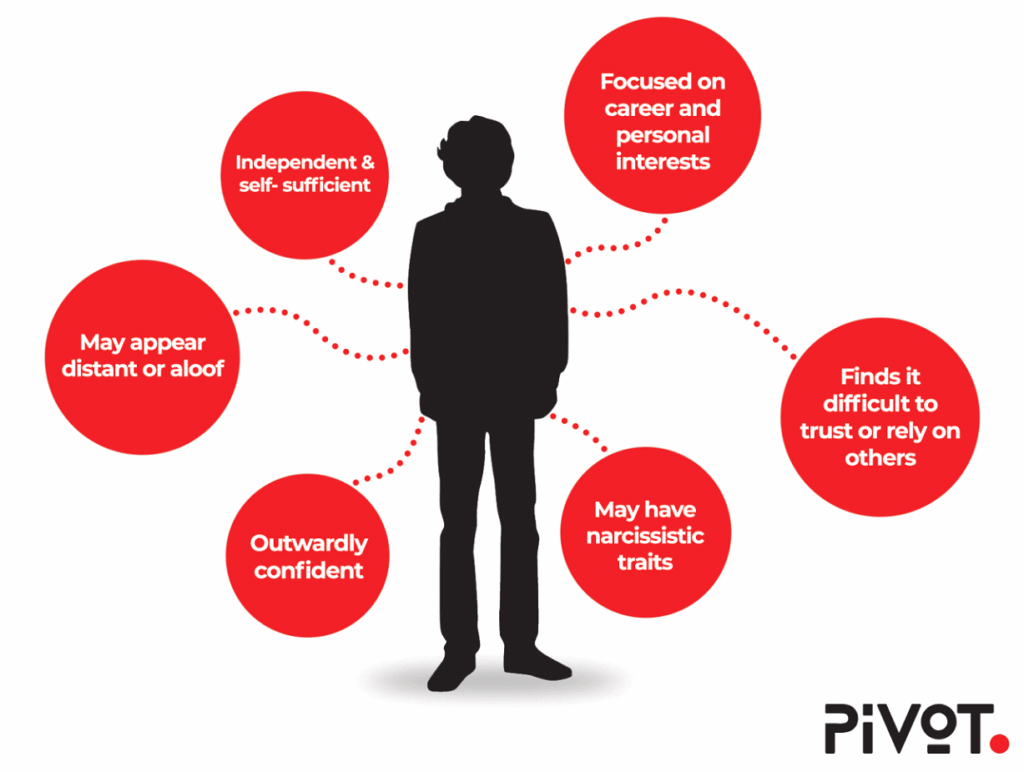Ever catch yourself lost in thoughts of an ex, even when your current relationship feels just fine? It’s an odd sensation—those idealized memories of someone who once meant so much, lingering in your mind despite the months or years that have passed. You’re not alone in this. Whether it’s a fleeting memory or a nagging “what if,” many of us find ex-partners leaving subtle marks on our lives, even when we’re happily committed. But here’s the catch: while it’s totally normal, these idealized thoughts can quietly stir trouble in your present, pulling you away from the connection you’ve built. Curious about how to stop idealizing someone and let go for good? It starts with understanding why we romanticize the past and discovering practical ways to move forward. And if you’re wrestling with something heavier, like relationship addiction withdrawal, know that relationship coaching could be the lifeline you need.
Why Do I Think About Past Relationships So Much?

Are you happy in your current relationship yet the thoughts of your ex just pop into your head unexpectedly? Even if you haven’t thought about or seen them in a while, random snippets of your time together may come into your mind and have you fantasizing about them all over again. You’re not alone as this happens to most people.
There are many reasons why you could be reminiscing about your past relationship, such as:
- Unresolved emotions: You may not have closure for some reason. Breakups can be messy and you may still have unanswered questions about your past relationship. These “what ifs” may keep you from moving on.
- New situations prompt the comeback of old feelings: You may be growing closer to your new partner and the attachment you’re feeling now may remind you of how you felt with the ex.
- Moving on too soon: Many people enter a new relationship soon after the last one ended. If this is the case, maybe you haven’t allowed yourself the time to process your grief and loss.
- Idealizing the past: People tend to remember the good and forget the bad. This means you may have a distorted, romanticized image of your past relationship.
- You’ve recently heard from them: When a person who meant a lot to you suddenly reappears in your life, it can get you thinking of everything you’ve been through together.
- You’re underwhelmed with an aspect of your current relationship: Maybe you don’t know how to talk to your partner about improving your sex life or feel like you can’t say no to your partner. Whatever may be bothering you, fantasizing about your ex may be an outlet.
Why Do People Romanticize Past Relationships?

Your past experiences may seem more exciting or more fulfilling when compared to the mundane reality of your current relationship. It’s important to figure out if this is actually true or if you’re just idealizing the past. Understanding your preferences and values can help you determine if you were truly compatible with your ex or if you are just remembering the good times.
Our memory is unreliable and susceptible to distortions. Because it’s human nature to feel nostalgic about times gone by, many people remember the best things about their ex and forget the bad. This is why you need to take a closer, clear-headed look at your history together.
After all, you had a reason to end that relationship. Taking a step back and considering the things that led to the breakup can be an excellent reality check. In most cases, people realize that they’re simply looking at the past through rose-colored glasses.
Why Not Compare Your Current Partner to Your Exes?
Similarly to what happens with parasocial relationships, we often idealize our exes and unfairly compare our current partners to this impossible ideal. However, this is a habit that typically causes a lot of frustration and does you no good. Here’s why:
- You’re not working on actual challenges: If you’re taking trips down memory lane to escape ongoing issues in your relationships, you’re missing out on the opportunity to actually tackle these problems and strengthen your bond.
- It’s unfair and uncharitable: It would be very hurtful to your partner to find out that you’re comparing them to an ex. It’s healthier to honestly discuss the areas of your relationship that you aren’t satisfied with and work on improving them together.
- Everyone’s their own person: If you feel like your current relationship is worth investing in, try to appreciate your partner for what they are. This doesn’t mean that you can’t expect them to up their game in certain ways. It’s more about seeing them as an individual with their own unique fears, hopes, and dreams.
- Your perception is probably a little skewed anyways: Since we tend to play up the positive aspects of the past, it’s possible that you don’t actually see your former relationship for what it was.
How Do I Stop Idealizing Past Relationships?

To break this cycle and focus on connecting to a new partner, here are some things you can try:
- Understand why you do it: Finding out the root cause of your longing for the past can be the start to working through it. You can do this by signing up with our weekly relationship coaching, or you can attend a 5 day intensive retreat.
- Distance yourself from your triggers: If you’re determined not to give your ex a second chance, distance yourself from them. If possible, stop texting them or spending time with them on a regular basis.
- Focus on your current relationship: Spend time with your new partner, get to know them better, and enjoy your time together. Be open to establishing another meaningful connection.
Quick-Action Toolkit: 5 Steps to Stop Idealizing Someone
- Mindfulness Micro-Pauses: Set a 60-second timer, close your eyes, and name five sensations (what you see, hear, feel, smell, taste).
- Reality-Check Journaling: Divide a page into “Highlights” vs. “Hard Truths.” List three memories in each column.
- Self-Esteem Rebuilders: Schedule one activity a day that affirms you (workout, skill-practice, social coffee).
- Think-Feel-Do: At PIVOT, we learn how to align our head, heart, and feet when we want to make a decision. Ask yourself what you’re thinking about, feel into what is coming up for you, and make sure that your head and heart are on the same page. Good rational thinking and healthy emotional intelligence. Then take a unified decision for yourself, and take action.
- Gradual exposure to real memories: Revisit neutral or mildly negative moments with the person—photos, texts, places—while noting your real-time feelings.
Pro tip: Bookmark this section and work through one step per day for a week; then recycle the list whenever old fantasies pop up. Consistency, not intensity, breaks the cycle of idealization.
Can Relationship Coaching Help Me Realize How To Leave A Bad Relationship?
Yes, PIVOT’s tailored individual coaching sessions can help you learn more about yourself and give you the strength to end an unfulfilling relationship. If you feel like reminiscing about an ex is putting your current relationship at risk, it may be time to give us a call.
Our caring relationship advocates will also assist you with other challenges, like becoming more self-assured in relationships and setting out on a path of personal growth. In addition, we address couples’ emotional challenges in our customized workshops.
Reach out to us today to book a stay at our retreat and start a journey of healing and self-discovery.

















 A deeper understanding of yourself and your
A deeper understanding of yourself and your 